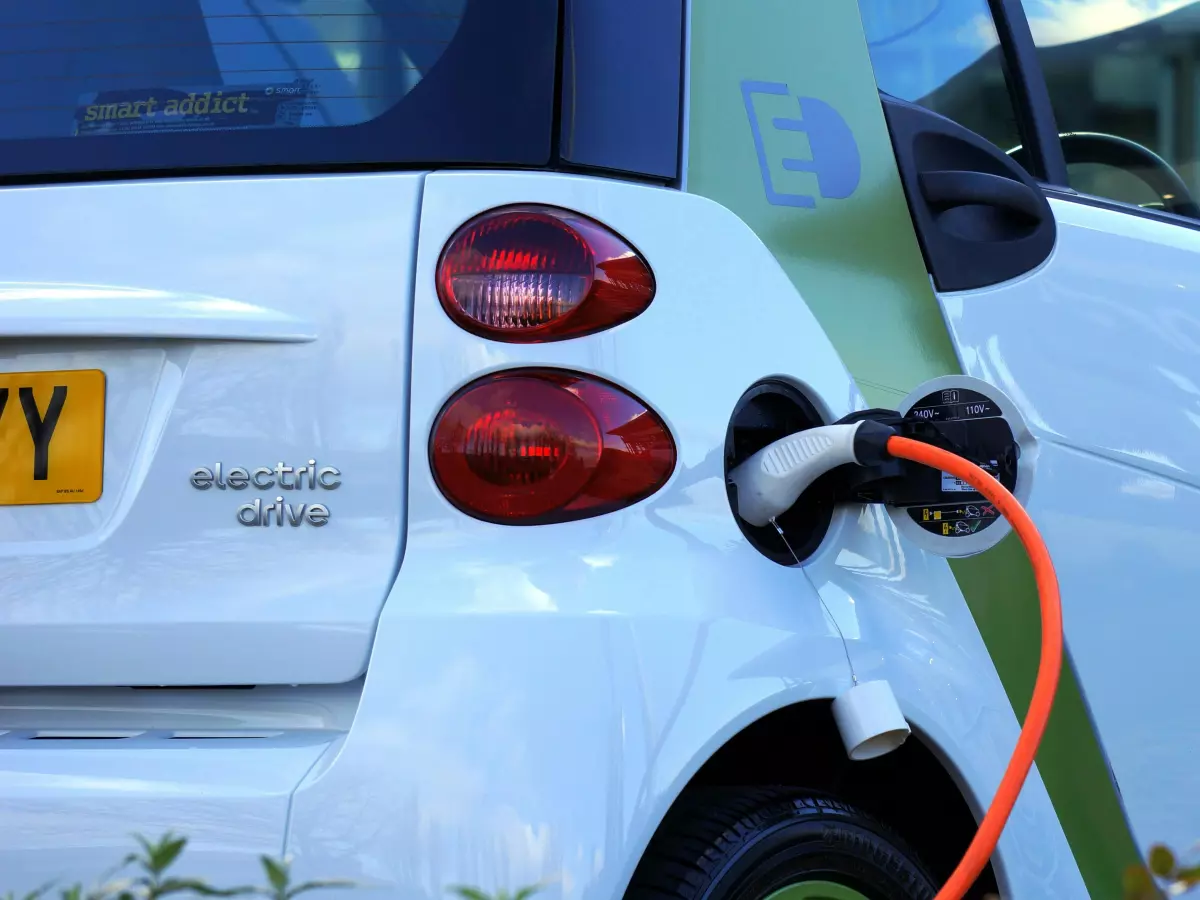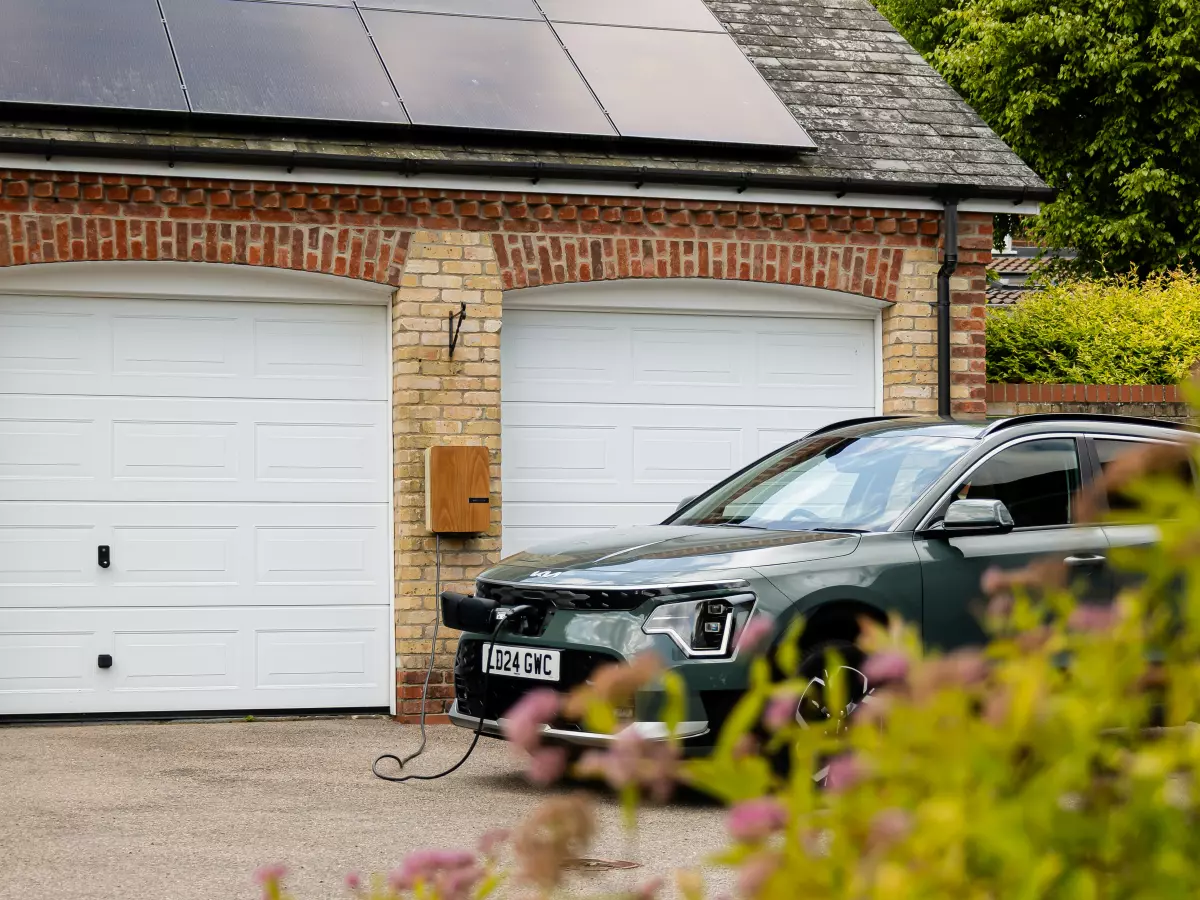Efficiency vs. Range
Let’s face it—when it comes to electric vehicles (EVs), the obsession with range is getting out of hand. But is it really the most important factor?

By Hiroshi Tanaka
Range anxiety. It’s the bogeyman of the electric vehicle world, lurking in the minds of potential buyers and seasoned EV drivers alike. The fear of running out of juice before reaching a charging station has led to a relentless focus on increasing the range of electric vehicles. But here’s the controversial take: What if we’re focusing on the wrong thing? What if battery efficiency is the real key to unlocking the future of EVs, and range is just a distraction?
Before you grab your pitchforks, hear me out. Sure, range is important. No one wants to be stranded on the side of the road with a dead battery. But the relentless pursuit of more miles per charge has led to some unintended consequences. Bigger batteries mean heavier vehicles, which in turn require more energy to move. It’s a vicious cycle, and at some point, we have to ask ourselves: Is this sustainable?
Why Efficiency Matters More Than You Think
Let’s break it down. Efficiency in an EV is all about how well the vehicle uses the energy stored in its battery. A more efficient vehicle can travel further on the same amount of energy, which means you don’t need a massive battery to get decent range. This is where things get interesting. Instead of focusing on cramming bigger and bigger batteries into EVs, what if we focused on making them more efficient?
Think about it. If you can make an EV that’s 20% more efficient, you’ve effectively increased its range without adding a single extra cell to the battery. Not only does this reduce the weight of the vehicle, but it also makes it cheaper to produce and more environmentally friendly. After all, mining the materials for those massive batteries isn’t exactly great for the planet.
But there’s more to efficiency than just the vehicle itself. Charging infrastructure plays a huge role too. A more efficient EV can make better use of the existing charging network, reducing the need for ultra-fast chargers and massive charging stations. This could be a game-changer for the widespread adoption of EVs, especially in areas where charging infrastructure is still developing.
The Range Obsession: A Double-Edged Sword
Now, let’s talk about range. Yes, it’s important. But the obsession with range has led to some unintended consequences. For one, it’s driving up the cost of EVs. Bigger batteries are expensive, and that cost gets passed on to the consumer. Not to mention, they add weight, which reduces efficiency and increases wear and tear on the vehicle.
There’s also the issue of diminishing returns. As battery technology improves, we’re seeing smaller and smaller gains in range for each new generation of EVs. At some point, it just doesn’t make sense to keep chasing more range when the gains are so minimal. Instead, we should be focusing on making EVs more efficient and improving the charging infrastructure so that range becomes less of an issue.
Another thing to consider is that most people don’t actually need the massive range that modern EVs offer. The average American drives less than 40 miles a day, which is well within the range of even the most basic EVs on the market. So why are we so obsessed with range? It’s a psychological thing. We’re used to the idea of filling up a gas tank and driving for hundreds of miles without stopping. But with EVs, we need to rethink that mindset.
Software: The Unsung Hero of Efficiency
Here’s where things get really interesting. While battery technology and charging infrastructure get most of the attention, software is quietly revolutionizing the efficiency of EVs. Modern EVs are packed with sensors and algorithms that monitor everything from battery temperature to driving habits. This data is used to optimize the vehicle’s performance in real-time, squeezing every last bit of energy out of the battery.
For example, some EVs use predictive algorithms to adjust the vehicle’s energy consumption based on the terrain and weather conditions. If you’re driving up a steep hill, the software will adjust the power output to maximize efficiency. If it’s a hot day and your battery is getting too warm, the software will manage the cooling system to prevent overheating without wasting energy.
And it’s not just about the vehicle itself. Charging algorithms are also playing a huge role in improving efficiency. By optimizing the charging process, EVs can reduce the amount of energy lost during charging, which means more of the energy from the grid ends up in your battery. This is especially important as we move towards renewable energy sources, where every watt counts.
What’s the Real Solution?
So, what’s the takeaway here? Should we stop caring about range altogether? Not exactly. Range is still important, especially for long-distance travel. But we need to shift our focus towards efficiency if we want to make EVs truly sustainable and accessible for everyone.
Instead of chasing ever-larger batteries, we should be investing in technologies that make EVs more efficient. This includes everything from lightweight materials and aerodynamic designs to advanced software and charging algorithms. By doing so, we can reduce the cost of EVs, make them more environmentally friendly, and improve the overall driving experience.
At the same time, we need to continue improving the charging infrastructure. But instead of focusing on building massive charging stations with ultra-fast chargers, we should be looking at ways to make the existing infrastructure more efficient. This could involve things like smart charging networks that balance the load on the grid or wireless charging systems that reduce energy loss.
In the end, it’s all about balance. Range is important, but it’s not the be-all and end-all of EVs. Efficiency is the key to unlocking the full potential of electric vehicles, and it’s time we started paying more attention to it.
As the legendary automotive engineer Ferdinand Porsche once said, "The perfect car doesn’t exist, but we can always strive to make it better." In the world of EVs, that means focusing on efficiency, not just range.





